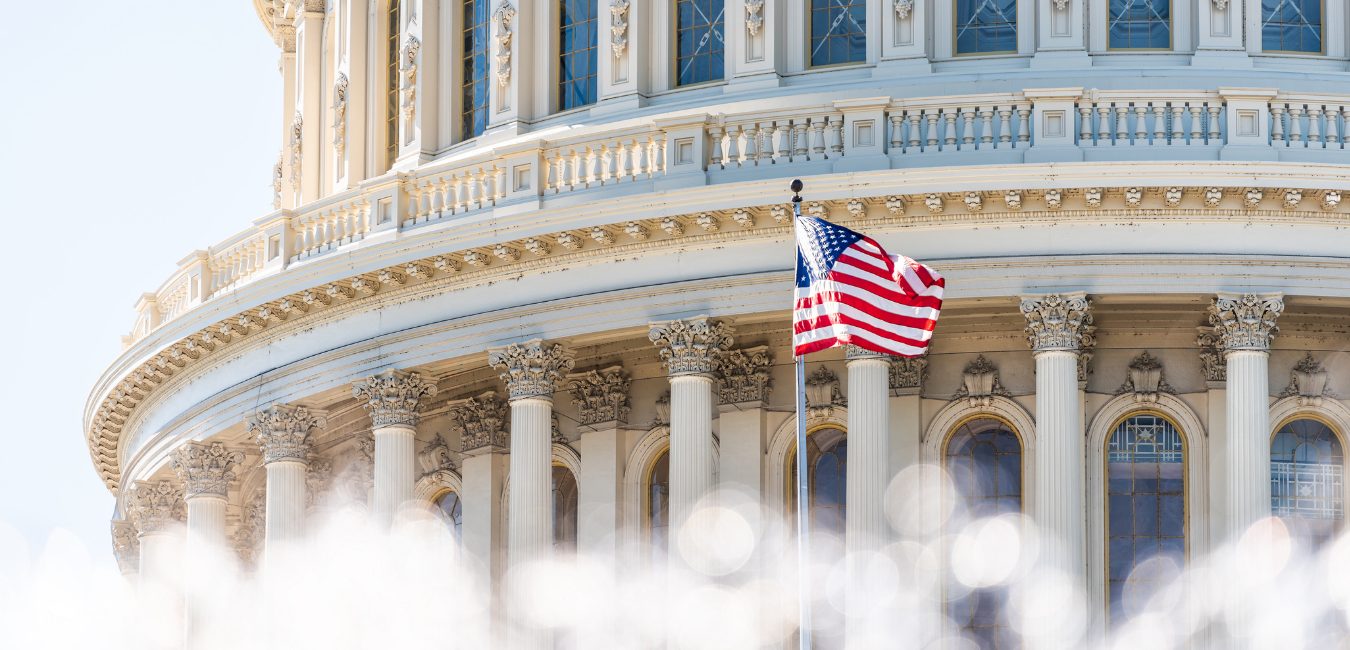Showing results for fire2020 xped free promo codes portugal

Alan Raul, Founder of Sidley Austin’s Privacy and Cybersecurity Law Practice Elected FPF’s New Board President
[…] As a leading attorney with the firm, he co-founded and led the development of the practice for over a decade, advising and shaping the thinking of Internet free speech, hate speech, and the parameters of government access to stored information. Wolf will continue as a member of FPF’s Board of Directors throughout this year […]

Privacy and the Rise of “Neurorights” in Latin America
[…] neurodata should be private, and should not be stored or sold without consent. Personal Identity: Neurotechnology should not alter “mental integrity,” or an individual’s sense of self. Free Will: Individuals should retain decision-making control, without unknown manipulation via neurotechnology. Fair Access to Mental Augmentation: Cognitive enhancement neurotechnology should be accessible to everyone. Protection from […]

Little New About Hampshire
[…] establishing their own means for individuals to exercise their rights (e.g., Delaware). California was slightly more prescriptive in its requirements (e.g., requiring that businesses offer a toll- free telephone number to exercise rights) but ultimately leaves much to the discretion of businesses. New Hampshire’s requirement that the secretary of state establish a uniform means […]

Event Recap: FPF X nasscom Webinar Series – Breaking Down Consent Requirements under India’s DPDPA
[…] consent under the DPDPA. During the discussion, panelists emphasized the importance of clear, understandable written notices and discussed other design choices to ensure that consent is “ free, specific, informed, unconditional, and unambiguous”. To this end, Swati Sinha highlighted consent notices for different categories of cookies under the EU General Data Protection Regulation (GDPR), […]

Colorado’s Approval of Global Privacy Control: Implications for Advertisers and Publishers
[…] and Choice under Rule 5.03 and Default Settings under Rule 5.04. The notice and choice requirements ask UOOM vendors to ensure that the signal represents an “affirmative, freely given, and unambiguous choice to opt out” of targeted advertising and data sales. The requirements for default settings seek to ensure the choice remains a genuine […]

The Garden State Joins the Comprehensive Privacy Grove
On January 16, 2024, Governor Murphy signed S332 into law, making New Jersey the thirteenth U.S. State to adopt a comprehensive privacy law to govern the collection, use, and transfer of personal data. S332 endured a long and circuitous route to enactment, having been introduced in January 2022 and amended six times before being passed […]

7 Essential Tips to Protect Your Privacy in 2024
[…] they need it for some obvious reason, like helping you with directions, showing your nearby friends, or perhaps a store location you’re looking for? If not, feel free to opt-out of location data. Be aware that location data is often used to personalize ads and recommendations based on locations you have recently visited. Allowing […]

This Year’s Must-Read Privacy Papers to be Honored at Washington, D.C. Event
[…] these winning papers were awarded based on the strength of their research and proposed policy solutions for policymakers and regulators in the U.S. and abroad. The Privacy Papers for Policymakers event will be held on February 27, 2024, in Washington, D.C., exact location to be announced. The event is free and open to the public.

Explaining the Crosswalk Between Singapore’s AI Verify Testing Framework and The U.S. NIST AI Risk Management Framework
[…] AI Verify, the IMDA and the PDPC hope that the global AI testing community can gravitate towards workable standards in various industries and use cases. Third, to promote user trust, AI Verify permits organizations to conduct self-testing on premises, and also allows for third-party testing. The AI Verify Foundation, which oversees the development and […]

Regu(AI)ting Health: Lessons for Navigating the Complex Code of AI and Healthcare Regulations
[…] sometimes longer. According to the discussion paper, the FDA strives to “facilitate innovation while safeguarding public health” and plans to develop a “flexible risk-based regulatory framework that promotes innovation and protects patient safety.” Lesson 2: Different uses of data may implicate different regulatory structures While there can be uncertainty regarding whether particular data, such […]
